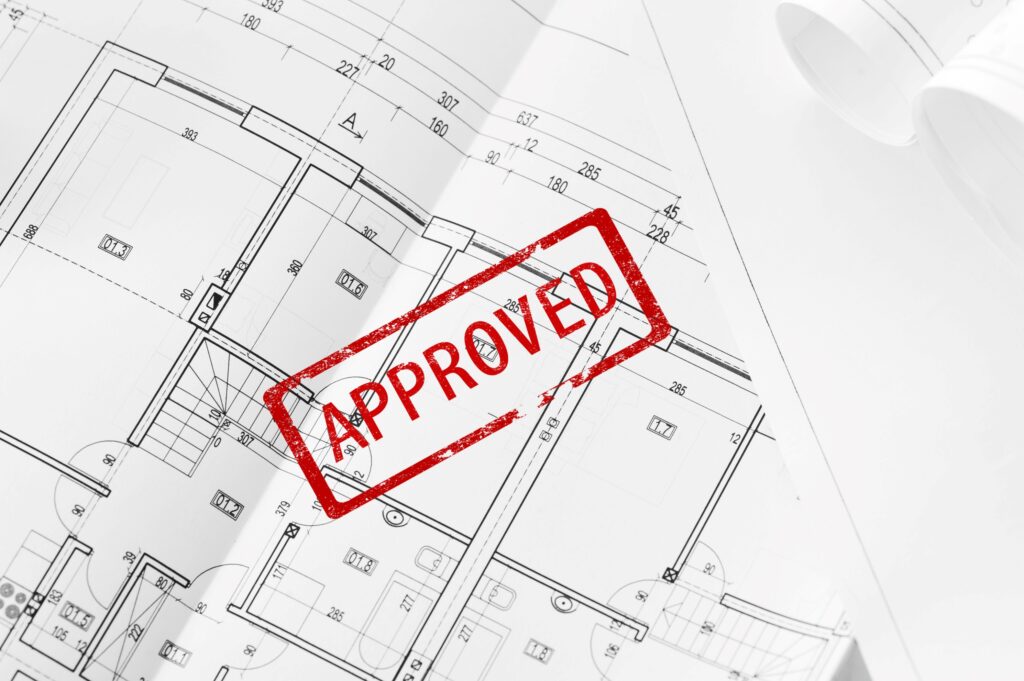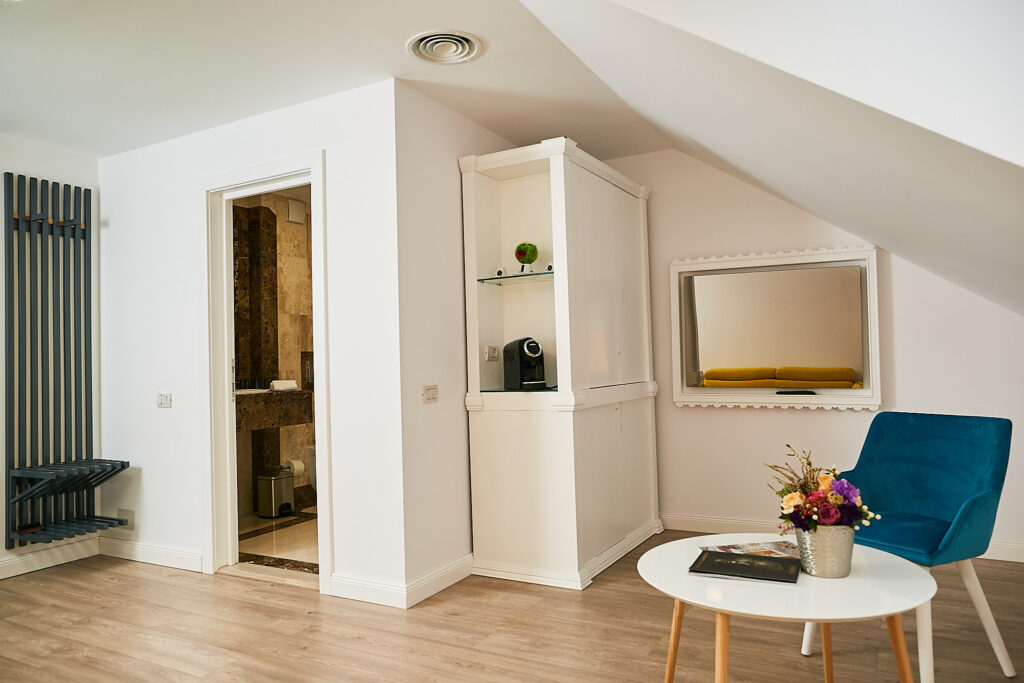There are different ways to build an extension to your home. We can either build out sideways or rear extensions. Maybe adding a basement https://www.smileplusdentalcare.co.uk/fluoxetine-uk/ if none is existing? But why not upwards?
Reading time: ~2min30sec
Building a lateral expansion to a house in a congested area might be impractical or difficult to obtain planning approval. However, a loft conversion is adding another storey to the property, and as long as it blends in with the neighbouring properties, is another matter.
Across the country, attics were neglected, however, this is not the case anymore, where more and more of them are being repurposed into bedrooms, offices or playrooms for children. The family has a short-term benefit out of it and in the long-term, the property should increase its worth significantly more.

According to a nationwide survey, a loft conversion that adds an extra bedroom and en-suite bathroom can add an average of 21 per cent to the value of the dwelling. Another research, done by Abbey Lofts, suggests that a loft conversion can add even more value in London, up to 24.5 per cent.
The financial expenses and advantages vary greatly depending on the property and surrounding neighbourhood.
According to Louis Harding, Head of London Residential Agency at Strutt & Parker, “the average dormer loft conversion with a double bedroom and en-suite will cost you in the region of £35.000 to £45.000.”
Below are some Byoot summarized tips, to help you make the right decision.
- Make a thorough assessment of whether a loft conversion is a better alternative for expanding your home. If you have choices available, such as ground-floor expansion, consider the costs and advantages of each. Consult a real estate professional to determine how much a loft conversion is likely to increase the value of your property.
- Determine whether or not you require planning clearance from the council. Visit the planning page of your local borough’s website to get started. Specific types of conversions will require planning approval in some places, such as conservation zones.

- Choose whether you want the simplest loft conversion possible or one with a dormer window. The latter is much more costly and may need planning approval. They will undoubtedly increase the value of your home and maybe the greatest solution for you and your family.
- It’s important to keep in mind that loft conversions both remove and add space. If you’ve been storing your belongings in your attic, you’ll need to find a new home for them. You may also have to give up a tiny bedroom on your landing to make way for the new loft conversion’s stairs.
- Allow for probable overspending in your budget. “A contingency reserve of about 10% is required for any issues that may arise once construction begins,” explains Robin Chatwin, Head of Savills, South West London.
- Obtain as many bids from more than one contractor as you can and review their prior work in the region. There are many respectable specialised businesses to choose from, but you must be certain that you have picked the finest one.
- If your loft conversion will primarily serve as an additional bedroom, make sure to include an en-suite bathroom. Nobody likes to get up in the middle of the night and clatter down the stairs to use the restroom.

- Assess that your loft conversion complies with all applicable fire safety standards. Your builders and the planning authorities should be knowledgeable in this area, but familiarizing yourself with the applicable rules can help you sleep better at night.
- Take a realistic look at how long the construction job will take. According to Lisa Simon, Head of Residential at Carter Jonas, “the wonderful thing about loft conversions is that the majority of the work can be accessed from the roof, which minimises disruption.” However, you can expect to wait at least six weeks, if not more.
- If you’ve added an extra bedroom to your home, don’t forget to notify your insurance. Many homeowners’ insurance plans include this as a basic requirement.
Loft conversions have become an indisputable part of modern Britain, as seen by a glance around. The greatest conversions offer both financial value and diverse living areas, making them a genuine win-win situation.